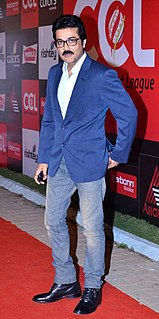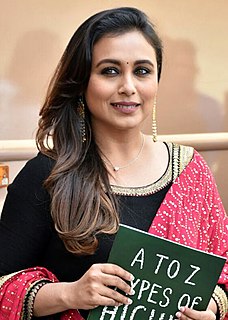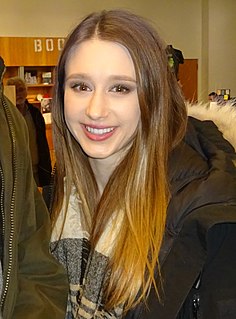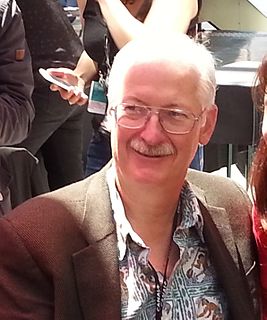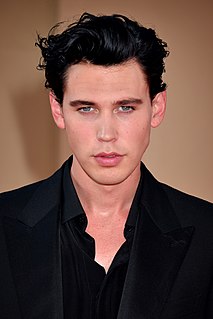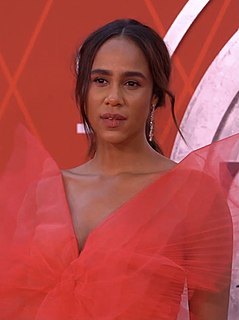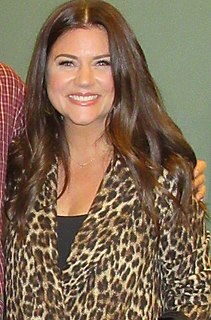A Quote by Prosenjit Chatterjee
If get an off on a Sunday, I try to keep my script-readings, meet my directors, plan film releases.
Related Quotes
I love doing the readings. The readings are the fun bits... The readings are probably the things that actually keep me going on these. If I couldn't do the readings, I wouldn't do the [signing] tours. I get to stand up there and read to a bunch of adults who in many cases nobody's read to in years, since they were about five. They just squat on the floor. That's enormously enjoyable.
It's not often I get to do a film that turns out good. Plus, there just aren't that many great directors out there. There are a thousand different decisions that need to be made with each script and it's the good directors that can make those decisions. It's a long and complicated process in regards to what looks good on paper. Working on a bad film can be fun too. It can be a good exercise that gets you writing.
All directors make films in individual ways. But the classical kind of view of filmmaking is that you have a script, and it's very linear. There's a script, then you're going to shoot the script ,and then you cut that, and then that's the end of the film. And that's never really been how I've seen it.
Well, there's two things I have criteria for doing a film: The script, which is the story, and the filmmaker, and it's a filmmaker's medium. I like really strong directors, and so when I do a film, I'm out there to serve the director, really, which is in turn to serve the script, to serve the director cause he's the one making the film. I relied on Todd Haynes for that.
Theratre is not like like in film and TV, where you have to stop and go back and keep redoing the same three pages for two hours. You get to go through the whole 80 pages of the script, which is incredible. You get to keep acting on the feelings you had just moments before. You don't have to psych yourself up for the scene. You can just go off what you were already feeling.
When I work on a film, you know, I try to get or inhabit the body of the character -from the vision of the directors or how i think the character should be - so if it's a film like SPEED, you hit the gym, you get to do some, train with SWAT People, hehe, but in general, I'm really focused and dedicated, and then in regular life, I don't go to the gym as often.
